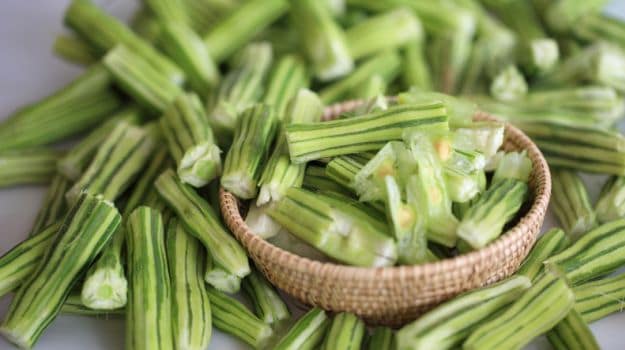Agriculture
Commodities

Sugar
Sugar, scientifically known as sucrose, is a ubiquitous carbohydrate found in nature, primarily extracted from sugarcane and sugar beets. It serves as a universal sweetener, enhancing the flavour of countless foods and beverages, from baked goods to soft drinks. While sugar adds palatability to our diet, it's essential to consume it in moderation, as excessive sugar intake has been associated with health concerns such as obesity, type 2 diabetes, and cardiovascular diseases. Balancing the enjoyment of sugar with mindful consumption is crucial for maintaining a healthy lifestyle.
Type Of sugar M30,
S30-1,
S30-2

Groundnut
Groundnut, commonly known as peanut, is a nutritious legume renowned for its versatility in culinary applications. Native to South America, groundnuts are now cultivated globally, and their seeds are a rich source of protein, healthy fats, vitamins, and minerals. Whether consumed roasted as a savoury snack, crushed into creamy peanut butter, or used as a flavour-enhancing ingredient in various dishes, groundnuts have secured a significant place in the world's diet, offering both delightful flavours and valuable nutrients.
:max_bytes(150000):strip_icc()/sesameseeds2x-58a4b41c3df78c4758d5c507.jpg)
Sesame
Sesame is a versatile and nutritious seed derived from the flowering plant Sesamum indicum. These small, oil-rich seeds are commonly used in various culinary applications worldwide. Known for their unique nutty flavour, sesame seeds come in various colours, including white, black, and brown. They are often used to add texture and flavour to a wide range of dishes, such as bread, pastries, salads, and stir-fries. Beyond their culinary appeal, sesame seeds are a valuable source of essential nutrients, including healthy fats, protein, fibre, vitamins, and minerals, making them a popular choice for both flavour and nutrition-conscious consumers.

Coconut
A husked coconut, often referred to simply as a coconut, is the fruit of the coconut palm (Cocos nucifera) with its tough outer husk removed. Inside the husk lies the familiar brown, round, and fibrous shell, which protects the innermost part—the edible and nutritious coconut meat and the refreshing coconut water. This versatile tropical fruit is used in various culinary applications, from cooking and baking to making coconut milk and oil, and its unique flavour and texture are enjoyed in dishes and beverages around the world, making it a prized ingredient in many cuisines.

Moringa Drumstick
Moringa, often referred to as the "drumstick tree" due to the shape of its long, slender seed pods, is a remarkable plant known for its exceptional nutritional value and various health benefits. Native to regions of Africa, Asia, and the Middle East, moringa leaves, pods, and seeds are rich sources of vitamins, minerals, and antioxidants. This superfood has gained worldwide recognition for its potential to combat malnutrition, boost immunity, and support overall well-being. Moringa's versatility in culinary applications and its ability to thrive in diverse climates make it a valuable addition to both traditional and modern diets, contributing to global efforts to improve nutrition and food security.

Neem Stick
A neem stick, also known as a neem twig or neem datun, is a natural oral hygiene tool widely used in traditional medicine practices, particularly in South Asia. These slender branches are obtained from the neem tree (Azadirachta indica) and have been valued for their natural antibacterial properties. When chewed or used for brushing teeth, neem sticks can help maintain oral health by reducing harmful bacteria, preventing gum diseases, and freshening breath. This sustainable and eco-friendly alternative to modern toothbrushes is known for its affordability and effectiveness in promoting dental hygiene.